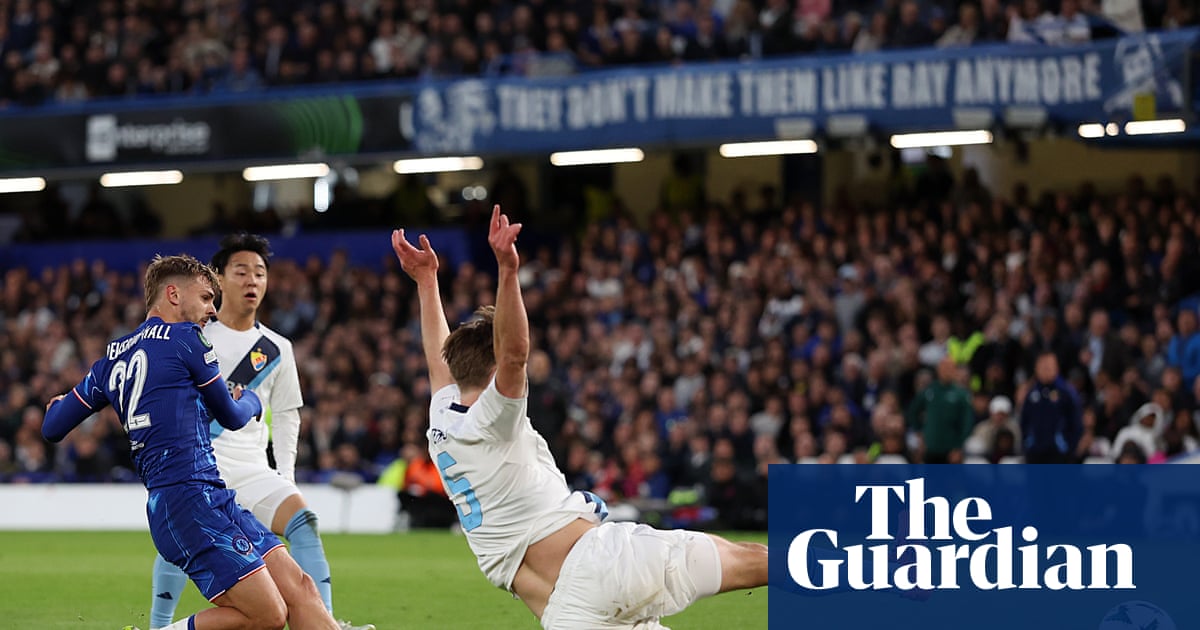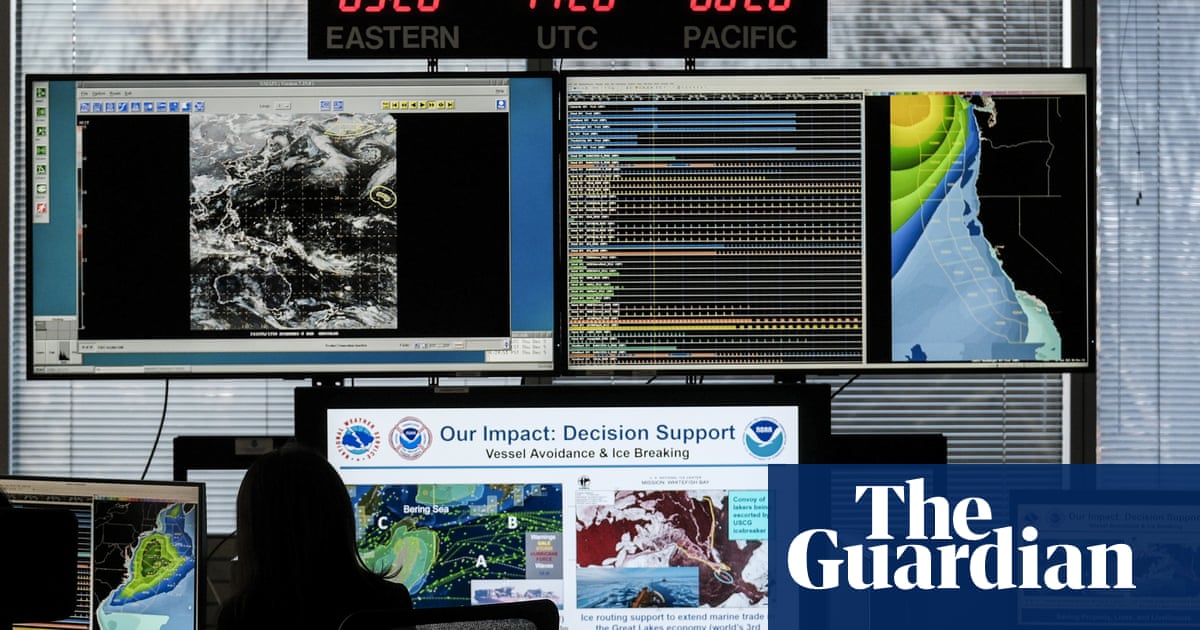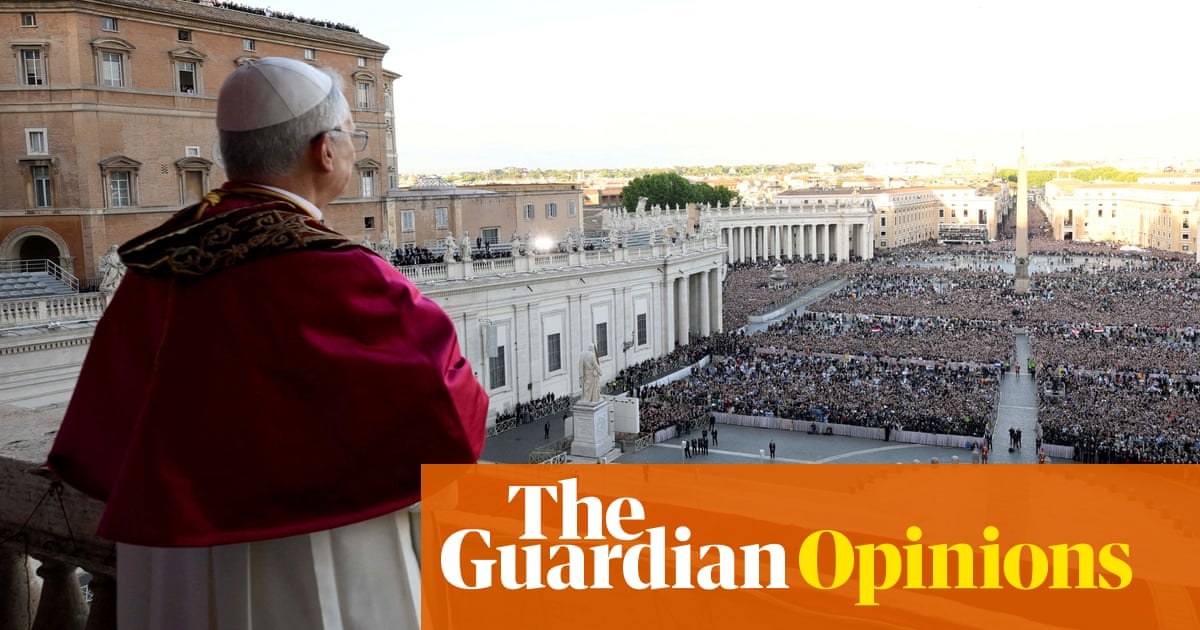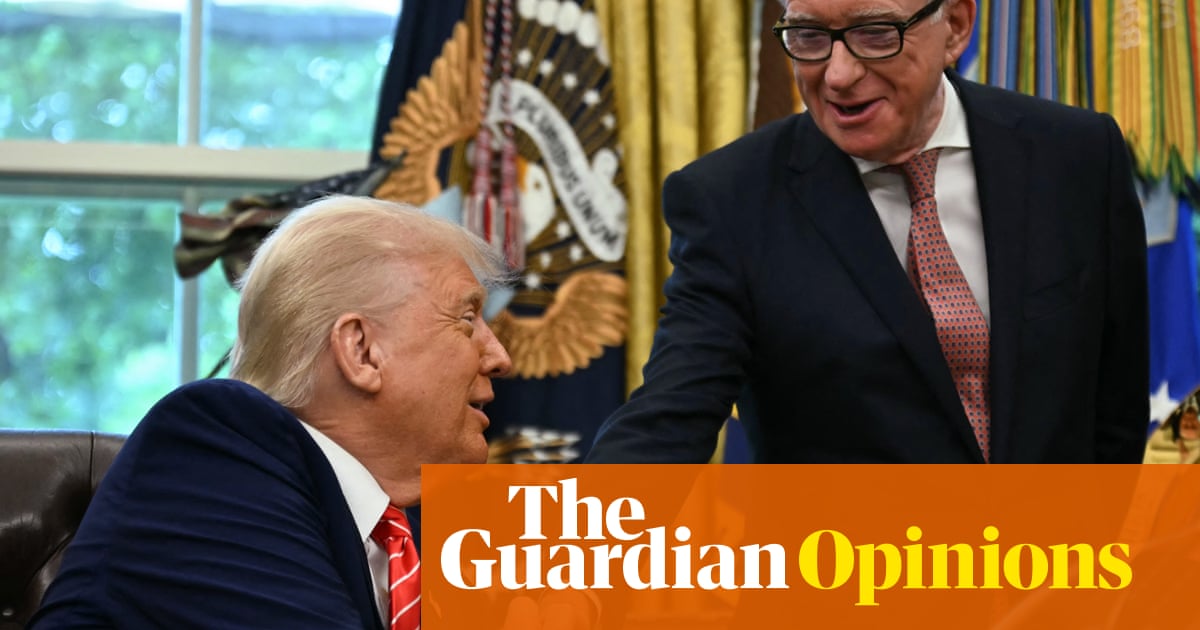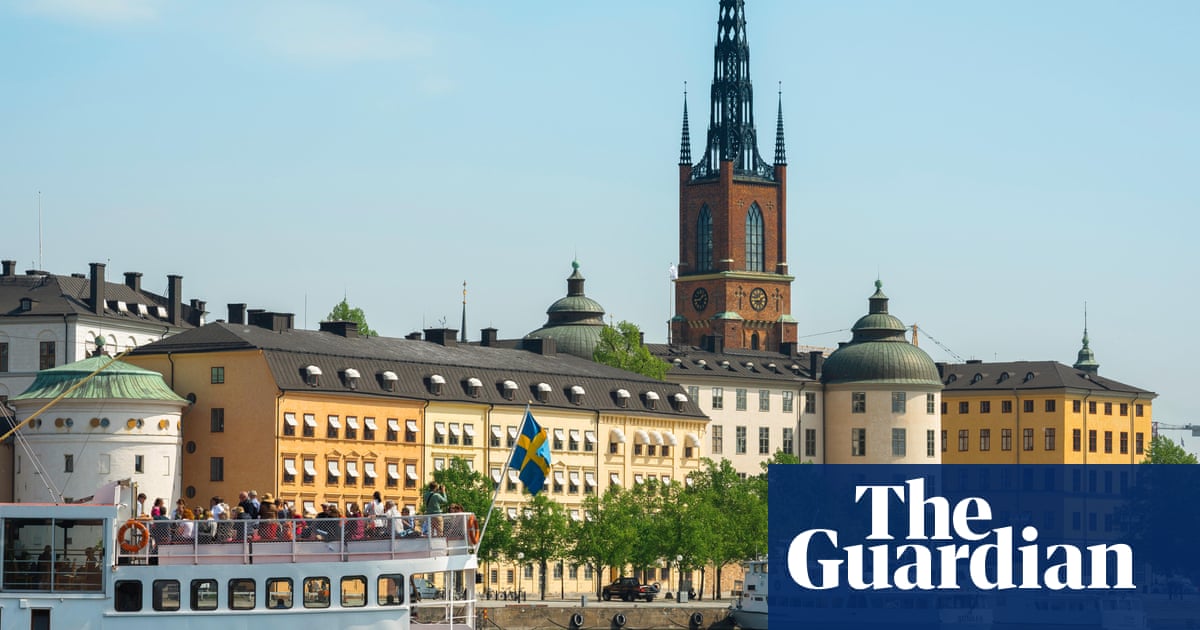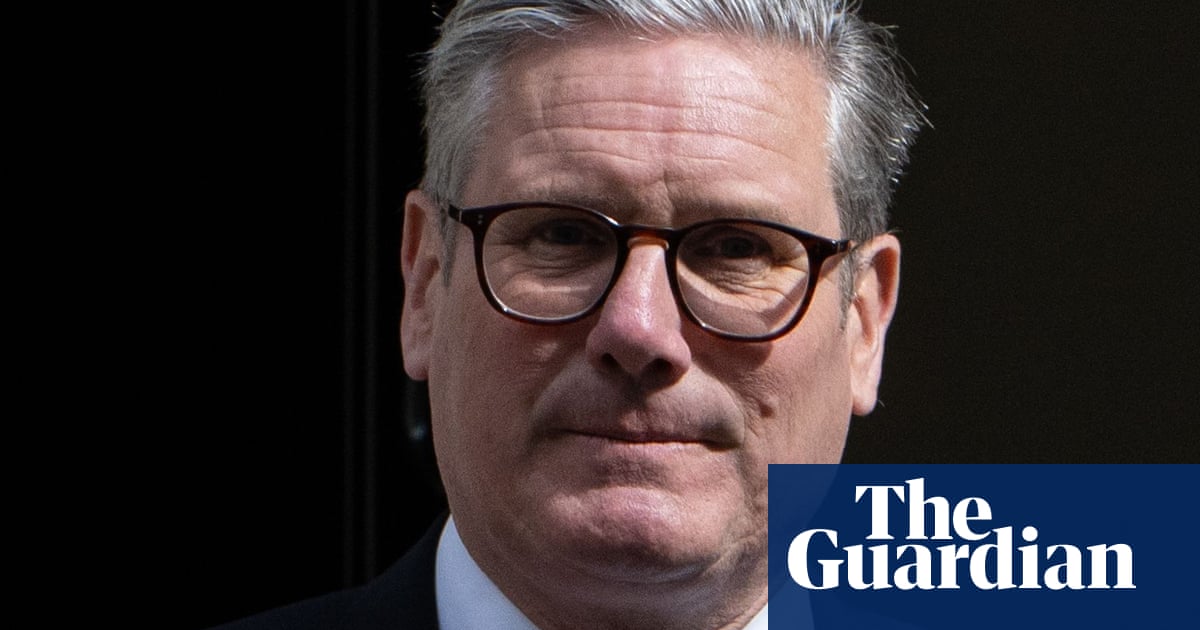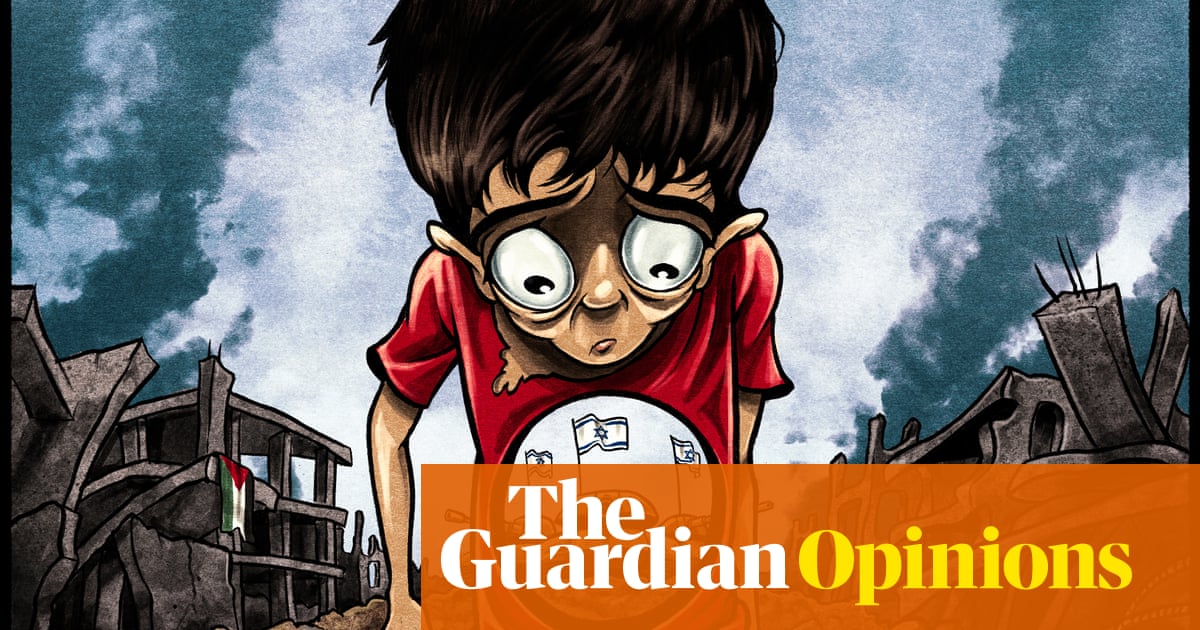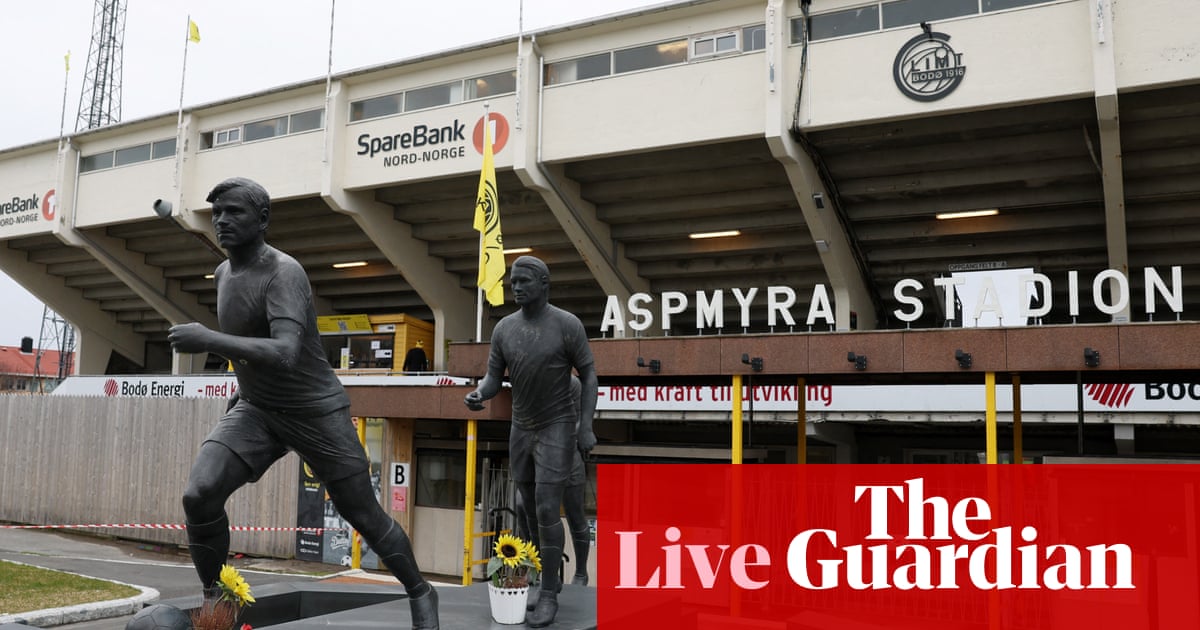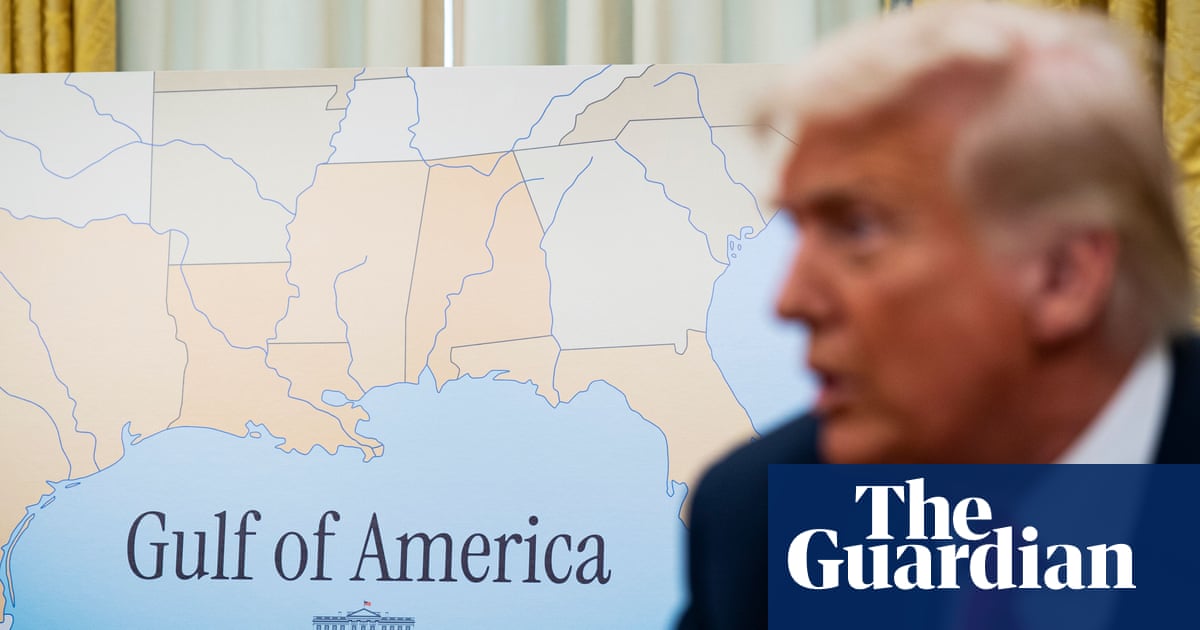Hang out the bunting and let the church bells ring. A VE Day trade deal with Donald Trump is done, and in the car plants of the West Midlands as much as in the backrooms of No 10, there will be understandable relief that, for now at least, America’s phoney war on them is over.
It’s true that the easing of arbitrary tariffs on cars, steel and aluminium that didn’t even exist until eight weeks ago falls far short of being an actual trade deal, not least because the president could rip it up again tomorrow if he felt like it. But the terms agreed between London and Washington could save thousands of jobs, which isn’t to be sniffed at, even if they’re jobs that need never have been at risk in the first place had Trump not suddenly chosen to threaten them. More surprisingly, Rachel Reeves seems to have managed to hang on to her digital services tax on (mostly US) tech companies, while for all the president’s bluster about “dramatic” new access for cattle ranchers to British markets it could have been infinitely worse for British farming: no chlorine-washed chicken, hormone-injected beef or flooding of the market with heavily subsidised US meat at prices British farmers just couldn’t afford to match.
No wonder Keir Starmer laid on the Churchill comparisons with a generous trowel, pointing out the deal was being unveiled on the same day at almost the same hour as Victory in Europe – or just Victory, as Trump calls it, as if the Europe bit was irrelevant – was declared 80 years ago. Once again, Starmer insisted, Britain and the US were “standing side by side”. Well, as side by side as it’s possible to be when one of you is in the Oval Office graciously removing your foot from the neck of the other one, who is listening anxiously in via video link while the new ambassador, Peter Mandelson, hovers oleaginously at the president’s shoulder. Trump volunteered in return that previous governments had long coveted a deal and “it never quite got there. It did with this prime minister.” If it all made you cringe, it’s hard to blame Starmer for that: or no more than you would normally blame a person with some unfortunate part of their anatomy clamped in a vice. But peace in our time? Not quite.
This has been less a trade deal between allies – a process of give and take that in the long run hopefully leaves both sides better off – than a hostage negotiation. Pay Trump what he feels he’s due, and you get your economy back in roughly the state it was before, though missing a few fingers and probably traumatised. The 10% tariff on all British exports to the US, affecting everything from whisky to salmon as well as cars, stays with no word of when it might get lifted: that was “pretty well set”, Trump said, indicating that for him that particular conversation is done. The threat of a tariff on foreign-made films, which could crucify the British film industry, still hovers, alongside possible future tariffs on pharmaceuticals (though No 10 insists they now have some protection on that). But why wouldn’t Trump keep tariffing things? After all, as far as he’s concerned it works brilliantly.
“We blew up the whole system,” Trump crowed, at one point. “Because of that, this worked out so nicely.” And if what he wants is a queue of publicly supplicant and privately seething world leaders at his door then he’s not wrong, though for Americans the price of satisfying his vanity may yet be an avoidable recession at home. Other countries, with bigger trade imbalances with the US and fewer options, may have to swallow worse than Britain.
It will take time to unravel what this deal means for the May summit at which Britain is aiming for a bigger and more mutually beneficial “reset” deal with the EU, but getting something across the line now does at least mean the government doesn’t have both US and European plates spinning madly at once. (On which note, a period of silence would be welcome from fans of a hard Brexit that they were repeatedly told would leave Britain isolated and at the mercy of Washington or Beijing: it’s not this government, in Kemi Badenoch’s words, that “shafted” Britain on trade).
While the deal potentially gives British firms exporting to the US a competitive edge over rivals based in countries still facing punitive tariffs, it doesn’t help companies selling into any market depressed by this trade war – which will be most of them, given the paralysing uncertainty caused by nobody in business quite knowing what he’s going to do next.
The financial markets should rally, because Trump doing deals is at least better than Trump doling out arbitrary economic punishment: some will want to see in it a return to normal, after a burst of almost strategic craziness. But normal is a trade deal like the one Britain just did with India, a win-win exercise that doesn’t leave everyone around the table seemingly terrified of not being seen to laugh hard enough at the president’s jokes. If he finds the results of this first round of tariffs gratifying, then nothing about Trump suggests a man who knows when to stop.
The most alarming thing about his mooted levy on foreign-made movies – breaking the convention that tariffs are normally charged on goods moving physically across borders, not services – isn’t the faintly bonkers suggestion that shooting the likes of the Barbie movie in Hertfordshire represents a “National Security threat” to the world’s foremost military superpower, but the sense of a president emboldened to push his trade war into new frontiers.
Diplomats are trained not to pay ransom to hostage takers, no matter how heart-rending the pleas from captives’ families, for fear that if you give in they’ll come back for more. With Trump, that rule will be broken because it will have to be; democratic governments around the world, especially those besieged by populist parties, fear they won’t survive the consequences of telling an angry public that they’ll just have to learn to live with tariff-induced economic hardship following hot on the heels of crippling post-pandemic inflation. (Even Canada’s Mark Carney, having won his election on a explicitly anti-Trump platform, now faces the much harder task of leading Canadians through likely tough times ahead.)
But if Trump’s economic aggression is rewarded, just as Putin’s territorial aggression is probably about to be rewarded in Ukraine, neither will be discouraged from trying it again. Eighty years on, we shouldn’t need reminding where that leads.
-
Gaby Hinsliff is a Guardian columnist

.png) 4 hours ago
2
4 hours ago
2


